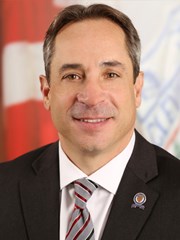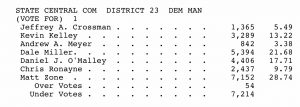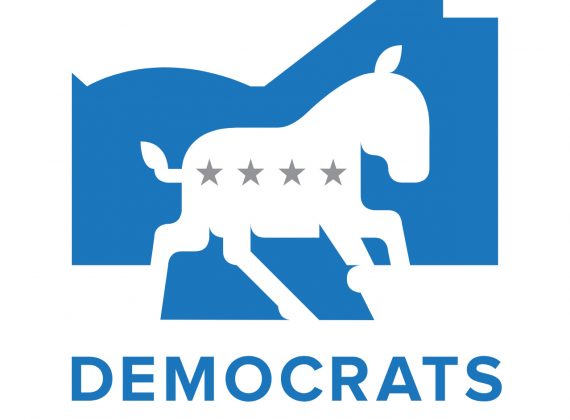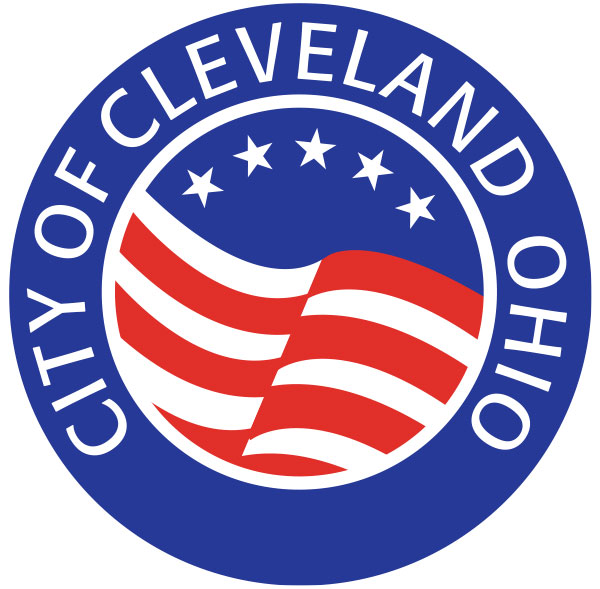
I’m not going to make any predictions in this article, that will come later, and of course not everybody on this list will run for mayor. And maybe some of them shouldn’t. I’m excluding Frank Jackson because I don’t believe he’ll run nor am I certain that he’ll have woken up by 2021. Nor do I include people who run for mayor every four years and can’t win but crave the attention.
The elephant in the room is the geographic/racial division in Cleveland. Common wisdom suggests that in a race this wide open, with this many candidates, a black person will emerge from the east side to face off against a white person from the west side. This may well be true. I think the odds of Cleveland electing a white mayor are greater today than they were 15 years ago, in the wake of Jane Campbell’s loss. This is due, in part, to the greater loss of population on the east vs. the west side, as well as just a (somewhat) well-informed hunch on my part.
Either way, my hope is that Cleveland can move beyond the (geographic) racial division and elect the most dynamic person with the freshest ideas. Someone who can tackle issues like the aforementioned population decline. Because the reality is that many of the people mentioned below would simply represent a status quo mayoralty, and Cleveland cannot afford that.
Blaine Griffin
One of city council’s newest members, Griffin is incredibly energetic and represents a geographically expansive ward. One of the biggest drawbacks is that he’ll be viewed as a Frank Jackson acolyte. Begging two questions: 1.) After 16 years of Jackson’s rule would Griffin want his support 2.) Does the city want someone who’s affiliated with Jackson?
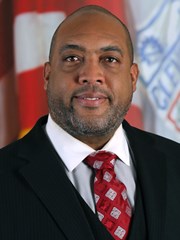
Jeff Johnson
Johnson is intelligent, an exceptional one-on-one campaigner, and he didn’t necessarily hurt himself or his future chances during his 2017 bid. Quite frankly I was surprised he was so thoroughly defeated in his bid to get the Democratic nomination for State Senate in the 21st district last year by Sandra Williams. Yet, he turned around and won a smashing victory for State Central Committee. He has baggage to be sure, but he is talented and one of the few leaders in the city taking the lead issue seriously.
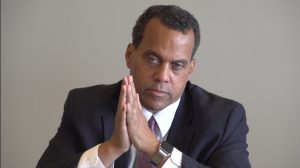
Kevin Kelley
Running from the perch of City Council President might ordinarily be considered a position of strength (assuming Kelley still holds that title come 2021 and there’s reason to think he might not). But, one major red flag that caught my eye was the fact that Kelley finished fourth in the race for Democratic State Central Committee last year.
That’s an incredibly poor showing for a council president who’s well known throughout the west side and should serve as a cautionary tale. However, he may be able to raise some money as he’d arguably be considered the most pro-business of all the Democrats who run.
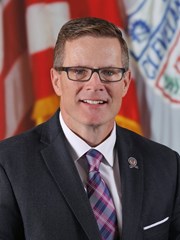
Zach Reed
The runner-up in the 2017 mayoral race, Reed, like Jeff Johnson, probably didn’t hurt himself in that race. Yet, one wonders how deep his support in 2017 really was. Surely a portion of the 40% of the vote he got was in protest of Mayor Jackson and not necessarily support for Reed. A segment of the Cleveland populace will probably never forgive him for his three alcohol-related arrests, but again, he did get 4/10ths of the vote in the last general election.
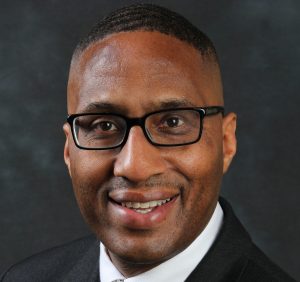
Chris Ronayne
I like Ronayne personally. He’s intellectually curious, knows policy and politics, and his stewardship of University Circle, Inc. would obviously be a benefit in this race. And his time as Mayor Jane Campbell’s chief of staff means he has deep connections he could mine for the race. One of the problems he might confront would be that while he’s doing good things at UCI, he’s a west-sider working on the east side and therefore doesn’t have a natural constituency or base. Then again, that could conceivably be a strength. One thing’s for sure, the county would be better today if Ronayne was elected to Cuyahoga County Council in 2010 instead of Dan Brady.
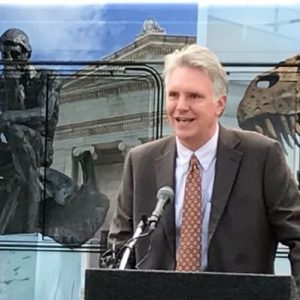
Martin Sweeney
A year ago Sweeney was viewed as a potential force to be reckoned with. However, the mildly surprising upset (though clevelandbrocks.org predicted it) in last year’s State Senate primary to Nickie Antonio took some of the wind out of Sweeney’s sails. And provides any opponent with a road map to defeating him. Otherwise, Sweeney would’ve had one of the biggest bases to start from. And though a master of constituent services and fundraising, it’s going to be an uphill battle now for Sweeney in 2021.
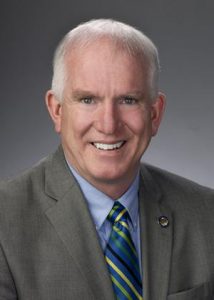
Nina Turner
Certainly Turner will be the best known candidate outside of the region after her stint as one of Bernie Sanders’ top surrogates in 2016. Though it’s that very affiliation that worries me as a voter. Having switched her allegiance midway through the 2016 primary process from Hillary Clinton to Sanders, where she was given a large role and microphone, one wonders if political expediency and personal promotion aren’t more important to her. Her belief in greater voting access will please progressives and she will garner quite a bit of attention if she chooses to run and leave Our Revolution behind. It seems fair to ask though, if Turner would govern as the progressive who affiliated herself with the Sanders campaign, or if she would govern as the former state legislator/city councilwoman who rarely rocked the boat.
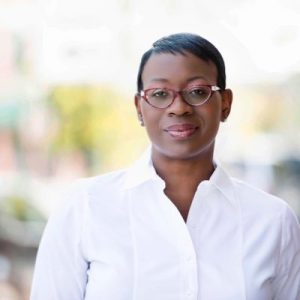
Sandra Williams
As a state senator, Williams would enter the race with the largest constituent base and a smashing victory against a potential mayoral rival in Jeff Johnson. It’s not a certainty that she will run but it’s no secret that people are encouraging her. And after nearly 100,000 people voted for her last November, she’s got a lot of reasons to think she can win.
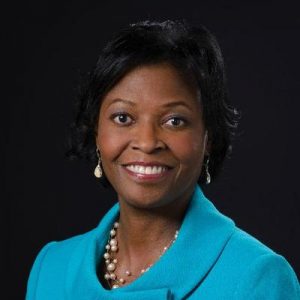
Matt Zone
Zone’s long ties to the Detroit-Shoreway neighborhood, which both of his parents represented on city council before he did, go back decades. The former president of the National League of Cities, Zone is not a man without ambition, or ways to raise money inside and outside the state of Ohio. It’s worth noting that it was Zone who won the election to the Democratic State Central Committee in 2018. The same race in which Kevin Kelley finished fourth. Though that isn’t necessarily a promise of future success in a citywide race, especially since that seat isn’t necessarily one that generates a lot of campaigning, he did win it nonetheless.
